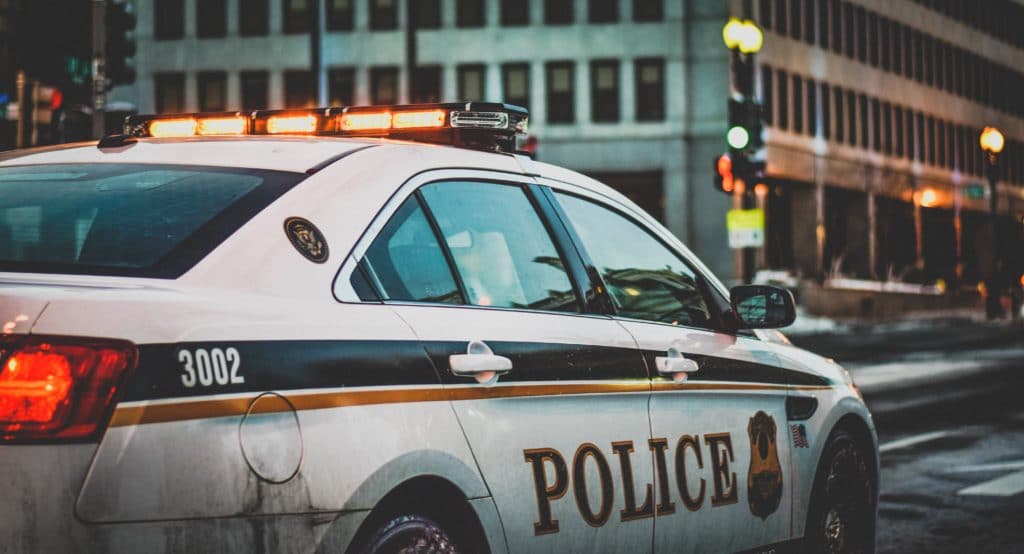In a previous article, we explored Miranda rights. As previously discussed, a police officer must read you your Miranda rights when you are in a custodial interrogation. However, there are certain exceptions to this general rule, which are highlighted below.
Routine Traffic Stops for Traffic Violations

Informant
This covers situations in which the suspect does not know that the person who is asking him or her questions is an undercover officer or police agent. This exception exists because a suspect who is unaware that he or she is speaking with an undercover officer or agent would not feel the same type of coercion that the Miranda rights were designed to protect.
Standard Booking Questions
After a suspect is arrested and brought to jail, a correctional officer will normally “book” the suspect. The booking process includes:
- Taking the suspect’s photo (mugshot) and fingerprints;
- Inventorying any personal possessions, such as a wallet, purse, and clothing; and
- Asking booking questions
The booking questions are routine and intended to collect basic identifying information and ensure the safety and security of all people in the jail. These may include name, address, date of birth, social security number, current use of drugs and alcohol, as well as health and physical conditions. These are not considered part of an interrogation because they are not designed to elicit incriminating information. Furthermore, the booking stage is not considered a critical stage, at which a suspect has a right to legal representation. Instead, it is simply an administrative process.
Public Safety
This exception most often applies in situations involving weapons or dangerous items. It may also apply when officers are trying to locate an armed accomplice or an injured person. However, the exception only applies if the officer’s questions focus on the issue causing the safety concern and if he or she did not design these questions to elicit incriminating evidence.
Emergency
This applies when officers are responding to a potential emergency. The following elements must be met for this exception to apply:
- The police have a reasonable basis to believe that their immediate help is needed because of an emergency involving personal injury or property damage;
- The officers are not secretly motivated by the desire to arrest someone and seize evidence; and
- There is reason to believe that the emergency condition is nearby.
If you believe that your Miranda rights have been compromised and an exception to the rule does not apply, please contact the attorneys at Shein & Brandenburg. Our team will dedicate itself to your case and ensure that if your rights were not previously protected, that they will be in court.


